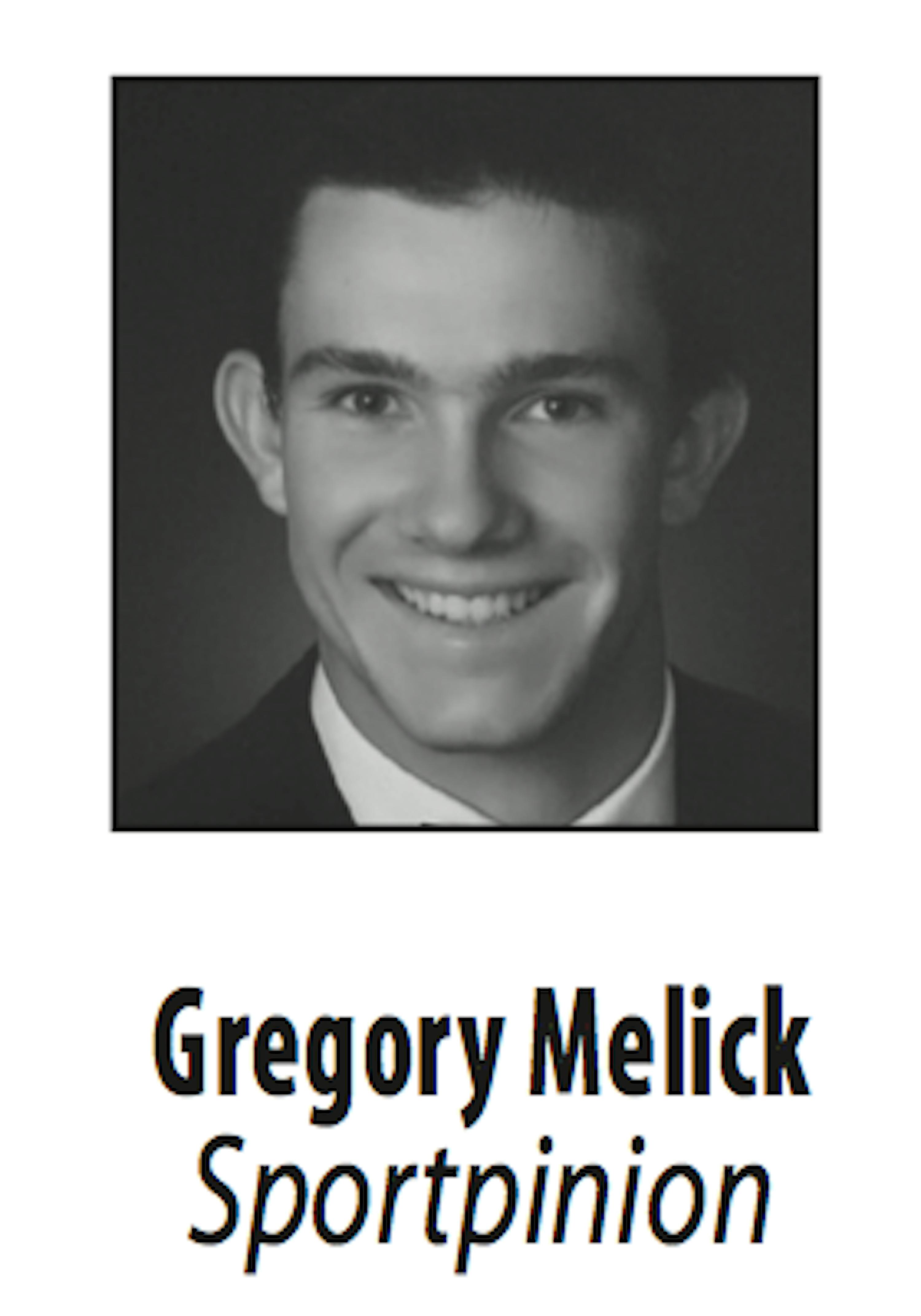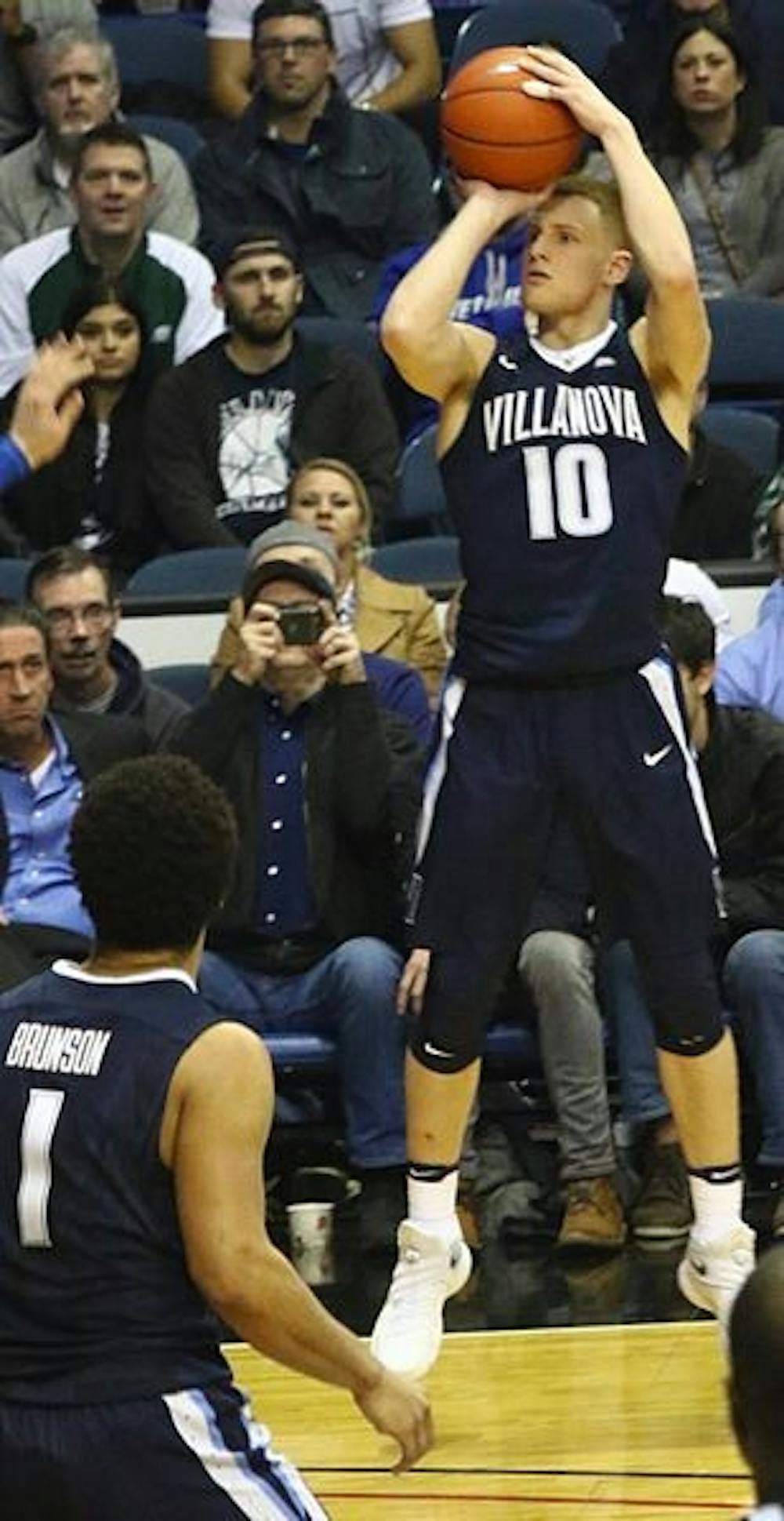
With another year of March Madness gone, another year of hope for that perfect bracket has come and gone. In hindsight, there was probably less chance for a perfect bracket this year than any other, with University of Maryland, Baltimore County becoming the first No. 16 seed to ever beat a No. 1 seed and Loyola University Chicago becoming just the fourth ever No. 11 seed to make it to the Final Four.
Even with all the unpredictable mayhem, the Second Annual News-Letter Sports Bracket Competition was tightly contested until the very end. This year, my fellow editor Esther Hong won by correctly choosing the Villanova Wildcats to win the championship, taking home the prize of a year full of bragging rights.
Even though I went another year without winning (despite being by far the most knowledgeable about sports), this year I improved considerably, going from last place a year ago to second place this year, and I was even the leader heading into the Final Four! This year what I learned was to be successful, the early rounds don’t matter. All that matters is getting as many teams right in the later rounds as possible.
From the very beginning of the tournament, there was no chance of a repeat champion, as last year’s winner, Courtney Colwell of "Colwell's Court," did not even fill out her bracket because she decided her midterms were "more important" than the pride of randomly choosing teams based on their school colors to fill her bracket.
As the tournament commenced, my hopes for a perfect bracket were destroyed after the very first game, as I expected Oklahoma Univeristy Sooners to beat the University of Rhode Island, but the Sooners could not hold on to a late lead, and eventually lost in overtime. My first round seemed to continue along the same path from there, as I was in dead last by 50 points at the conclusion of the Round of 64.
To add insult to injury, the University of Arizona, a team I had making it all the way to the championship game, was upset by 21 points against the University at Buffalo. The bottom line, however, was that six of my eight Elite Eight teams were still alive, giving me a sliver of hope.
That hope would come to fruition in the form of my boldest choice for the Final Four, the University of Michigan Wolverines.
Even though I did not get a single team they would play correct, the Wolverines ended up taking advantage of a relatively easy road to the Final Four, as they did not play a single team higher than a No. 6 seed until the championship game.
Thanks to that prediction as well my choice for Villanova to make it to the Final Four, I ended up with four teams correctly picked in the Elite Eight, and Michigan and Villanova correctly predicted for the Final Four.
I was in first place heading into the final weekend, but another heartbreaking overtime loss eliminated the team I had predicted to win the championship - Duke University - in the Elite Eight.
It was ironic that the victor of our pool would be determined by a game between two No. 1 seeds, considering the number of upsets that occurred this tournament, but in the end if Villanova won against the University of Kansas, Esther would win, but if they lost, I would win.
Unfortunately for me, the game was not even close, as Villanova had a historic offensive showing and led from start to finish against Kansas, dashing my dreams of a come-from-behind victory and forcing me to wait a full year before I get my last chance to showcase my sports knowledge dominance.
This year I learned that when it comes to brackets, it is not about who starts out strong, it is about who finishes the strongest. With each first round game only giving 10 points, while getting the champion right will net you a total of 630 points, it really comes down to who can get the most of the final teams correct. Esther could have gotten every single game that did not involve Villanova wrong, and she still would have won the pool with those 630 points Villanova gave her.
For comparison this year, I conducted an experiment about the best way to pick a bracket. ESPN offered three different ways users could “quick-fill” their brackets: randomly, always picking the higher seed or by ESPN’s BPI predictor. I tried each of the methods (I ran the random bracket predictor until I ended up with at least a No. 4 seed winning the championship), and compared them to the bracket I filled out.
The random bracket was the only one to correctly predict UMBC to beat the University of Virginia, but other than that, it was the worst bracket by far, because even though it got more first round games right than my real bracket, (but honestly, what bracket didn't) it failed to get any Elite Eight teams correct, sealing its fate with 270 points.
The BPI bracket was the best at predicting first round games, getting 24 of the 32 correct, but still did not have any of that essential late bracket success, partially because of its championship game prediction of Michigan State University against the University of Cincinnati.
The higher seeds bracket, despite picking the University of Virginia to win the championship, actually did outperform my real bracket, it did show just how important it is to correctly predict even one team in the championship game, as it correctly put Villanova in the championship game; and, in doing so, it scored 810 points to my real bracket’s 600.
Last year, my advice was to just choose randomly, because there really is no rhyme or reason, but maybe I was wrong. Maybe you should just always pick the higher seed to win, and March really isn’t all that Mad.

















